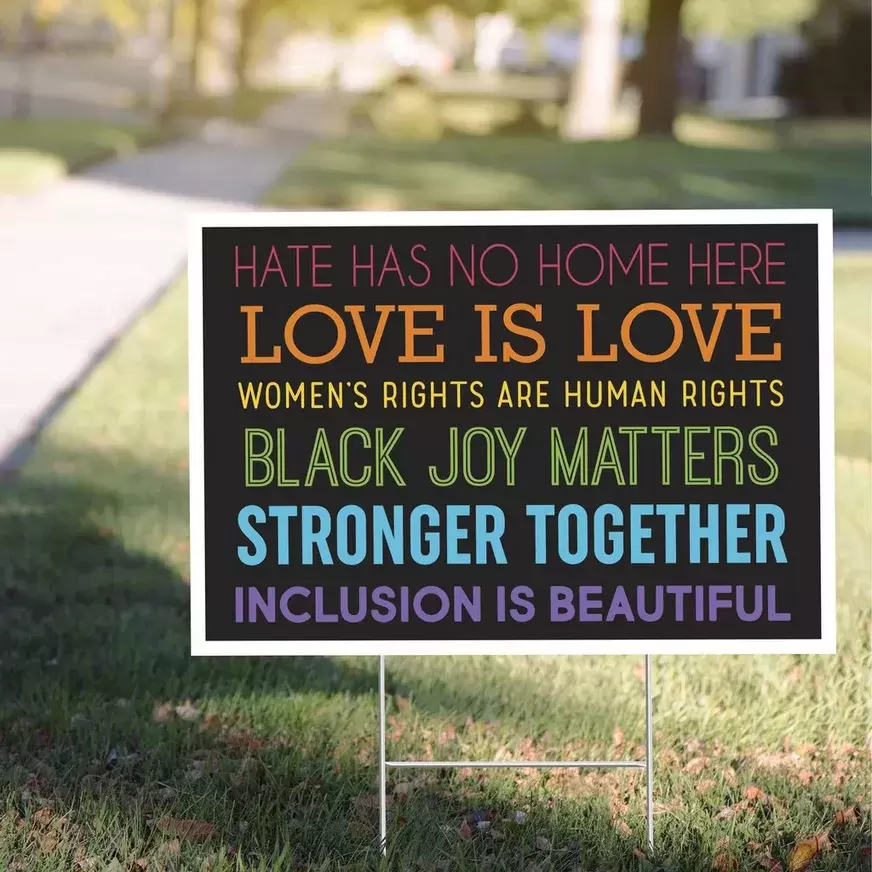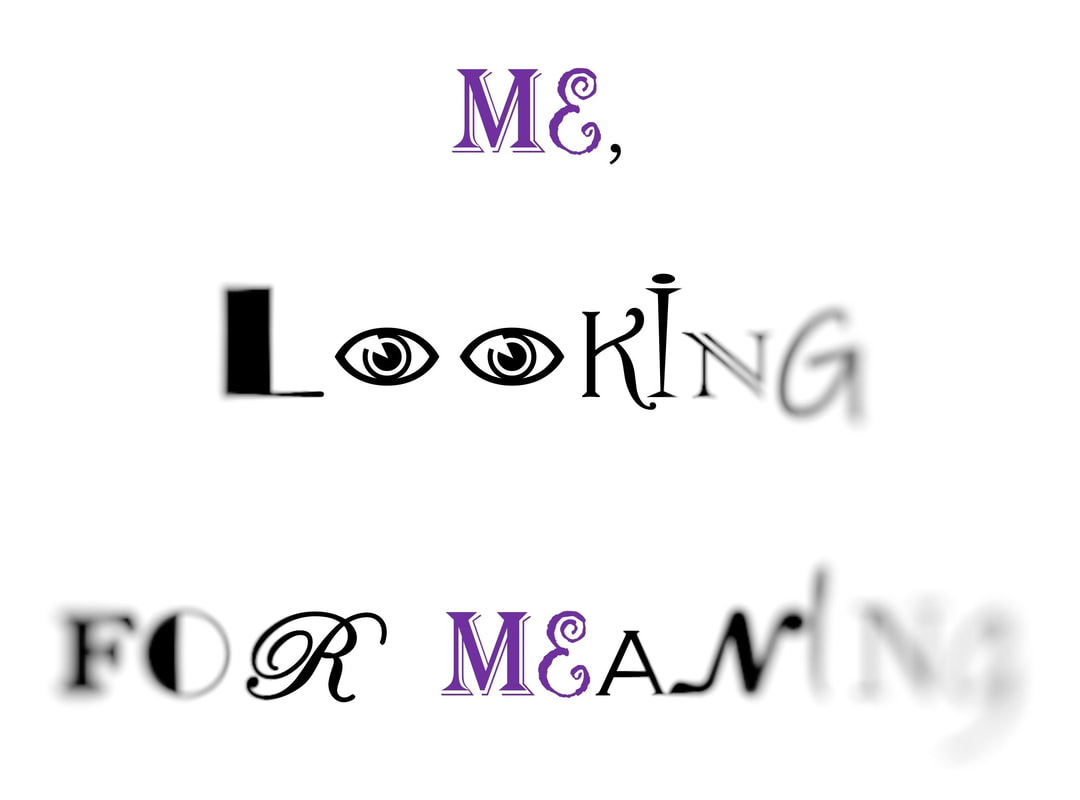Circumstances
PAGE IN PROGRESS
What you see here is a page of my hypertext book Me, Looking for Meaning. Initially empty, it will slowly be filled with thoughts, notes, and quotes. One day, I will use them to write a coherent entry, similar to these completed pages. See this post to better understand my creative process. Thank you for your interest and patience! :)
What you see here is a page of my hypertext book Me, Looking for Meaning. Initially empty, it will slowly be filled with thoughts, notes, and quotes. One day, I will use them to write a coherent entry, similar to these completed pages. See this post to better understand my creative process. Thank you for your interest and patience! :)
"I am me and my circumstances"
confusing people and their circumstances: happened throughout history, done to women, black people, but now also happening to people in various situations sides of political debates (people’s political beliefs and views on any social issues have a lot to go with their circumstances)
Circumstances of any particular person are impossible to fully comprehend as they include all the context within the person exists (e.g., all events, interactions with other people) and all qualities that the person is born with (including physical and psychological characteristics).
The issue of circumstances relates to questions of power and free will [add link]. Can we really go beyond our circumstances?
Stanford Prison Experiment https://gen.medium.com/the-lifespan-of-a-lie-d869212b1f62
"The appeal of the Stanford prison experiment seems to go deeper than its scientific validity, perhaps because it tells us a story about ourselves that we desperately want to believe: that we, as individuals, cannot really be held accountable for the sometimes reprehensible things we do. As troubling as it might seem to accept Zimbardo’s fallen vision of human nature, it is also profoundly liberating. It means we’re off the hook. Our actions are determined by circumstance. Our fallibility is situational. Just as the Gospel promised to absolve us of our sins if we would only believe, the SPE offered a form of redemption tailor-made for a scientific era, and we embraced it."
from The Body Keeps the Score, prologue :
« They also help us understand why traumatized people so often keep repeating the same problems and have such trouble learning from experience. We now know that their behaviors are not the result of moral failings or signs of lack of willpower or bad character—they are caused by actual changes in the brain »
Conditioning - we are conditioned by our circumstances and these conditions can be very difficult overcome, even if we honestly try to that that.
This may lead to what looks like hypocrisy
confusing people and their circumstances: happened throughout history, done to women, black people, but now also happening to people in various situations sides of political debates (people’s political beliefs and views on any social issues have a lot to go with their circumstances)
Circumstances of any particular person are impossible to fully comprehend as they include all the context within the person exists (e.g., all events, interactions with other people) and all qualities that the person is born with (including physical and psychological characteristics).
The issue of circumstances relates to questions of power and free will [add link]. Can we really go beyond our circumstances?
Stanford Prison Experiment https://gen.medium.com/the-lifespan-of-a-lie-d869212b1f62
"The appeal of the Stanford prison experiment seems to go deeper than its scientific validity, perhaps because it tells us a story about ourselves that we desperately want to believe: that we, as individuals, cannot really be held accountable for the sometimes reprehensible things we do. As troubling as it might seem to accept Zimbardo’s fallen vision of human nature, it is also profoundly liberating. It means we’re off the hook. Our actions are determined by circumstance. Our fallibility is situational. Just as the Gospel promised to absolve us of our sins if we would only believe, the SPE offered a form of redemption tailor-made for a scientific era, and we embraced it."
from The Body Keeps the Score, prologue :
« They also help us understand why traumatized people so often keep repeating the same problems and have such trouble learning from experience. We now know that their behaviors are not the result of moral failings or signs of lack of willpower or bad character—they are caused by actual changes in the brain »
Conditioning - we are conditioned by our circumstances and these conditions can be very difficult overcome, even if we honestly try to that that.
This may lead to what looks like hypocrisy
When people have a sign on their lawn saying that they are against hate (hate has no home here) the the lines below that suggests that people who put this sign are liberal, I wonder: "do they mean that they don't hate Trump?"
Hypocrisy (?) of Thomas Jefferson: https://www.npr.org/2016/04/16/474485626/-most-blessed-of-the-patriarchs-digs-into-thomas-jeffersons-hypocrisy
"Thomas Jefferson is one of America's founders. And even after all these years, he's still a mystery. How could this most eloquent apostle of liberty own slaves? How could a man so learned and worldly be so blind to a crime on his own front porch, even in his own bedroom? How could a man so sensitive to injustice be unmoved by the outrage of slavery which he was a part?"
When I try to understand people like Jefferson, I look inside myself and think about such issue as environment. I do believe in the importance of protecting environment, but do I do enough? I could buy less plastic, use less foil, etc., if I put more effort into it. But I don't, not because I don't care but because doing everything I would ideally like to do is overwhelming when I try to manage my house, work, kids, and still have sometime do take care of myself. I don't do nothing, but I don't do enough.
About this project: Start page
Hypocrisy (?) of Thomas Jefferson: https://www.npr.org/2016/04/16/474485626/-most-blessed-of-the-patriarchs-digs-into-thomas-jeffersons-hypocrisy
"Thomas Jefferson is one of America's founders. And even after all these years, he's still a mystery. How could this most eloquent apostle of liberty own slaves? How could a man so learned and worldly be so blind to a crime on his own front porch, even in his own bedroom? How could a man so sensitive to injustice be unmoved by the outrage of slavery which he was a part?"
When I try to understand people like Jefferson, I look inside myself and think about such issue as environment. I do believe in the importance of protecting environment, but do I do enough? I could buy less plastic, use less foil, etc., if I put more effort into it. But I don't, not because I don't care but because doing everything I would ideally like to do is overwhelming when I try to manage my house, work, kids, and still have sometime do take care of myself. I don't do nothing, but I don't do enough.
About this project: Start page

